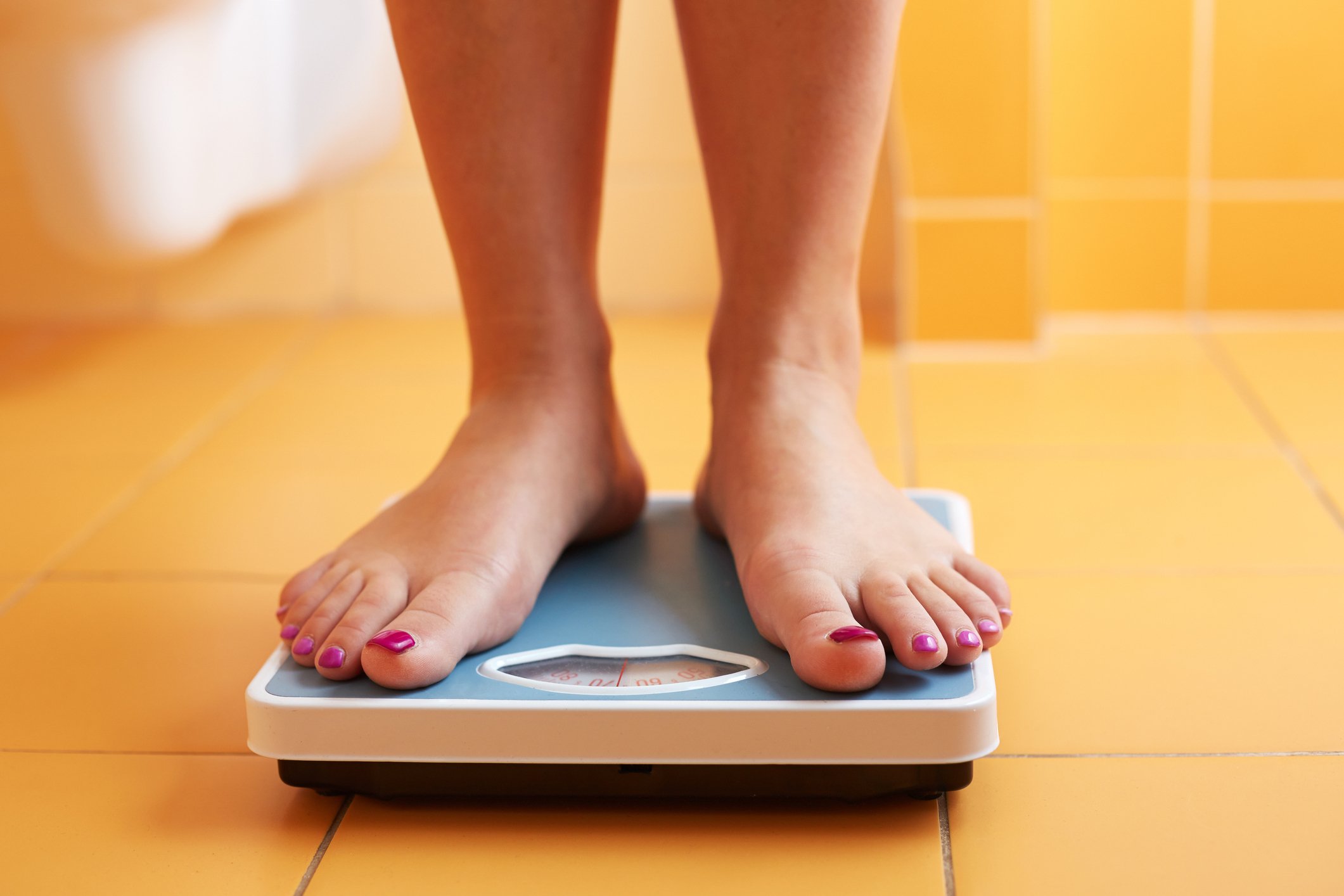“Acknowledge your practice without judgment or praise.” I used to hear this from a yoga teacher at the end of every class. It didn’t really make sense to me. At the time, I was new to yoga and I was so excited to learn new poses. It was a fun challenge and at the end of class, I did want to praise myself for doing those poses. And yes, maybe I was a little frustrated at times when I struggled with a pose, but I never felt like I was judging myself.
It took a few months of practicing yoga before this phrase made sense. Making cool shapes with your body is not the main point of yoga. It’s not about whether you were ‘good’ or ‘bad’ at yoga. It’s that you took time to care for your body and to practice self-awareness.
If you are like one of my many patients who have type 2 diabetes and are working to lose weight, can you apply this concept to your health journey?
Weight isn’t the only measure that matters
Let’s change one word in this phrase. Acknowledge your weight without judgment or praise. Easier said than done, right? So often, weight becomes the primary focus on a health journey. How much weight did you lose? How quickly are you losing weight? Have you gained weight back? Weight doesn’t need to be ignored, but there is a way to acknowledge weight without making it the only measure that matters.
When you focus only on weight, you don’t give yourself credit for all of the quality of life successes that come with a health journey. Greater energy levels, ability to walk further without getting winded, taking your kids on rides at the amusement park, feeling comfortable in an airplane seat, bending over to tie your shoes… these are all huge quality of life successes!
When you acknowledge your weight with judgment or praise, you are turning your weight into a ‘good’ or ‘bad’ number. That can be toxic for your mental health. Weight doesn’t need to be ‘good’ or ‘bad’; however, ‘good’ and ‘bad’ do apply to your quality of life.
If you are not able to do the things you enjoy, you are not having the best quality of life that you deserve. For example, if you can’t play with your children or grandchildren, does it really matter what your weight is? If your weight is so low that you don’t have energy or strength to go for walks on the beach, is that still a ‘good’ weight? If your weight is higher than your “ideal body weight” according to a chart but you are able to wear the clothing you love and dance the night away at a party, is that a ‘bad’ weight? Your mental, emotional, and physical health is most important for your quality of life and that isn’t often reflected in a number on the scale.
So next time you get on the scale, don’t let your weight become a ‘good’ or ‘bad’ number. Don’t judge yourself or praise yourself. Just acknowledge that number for what it is (your body’s relationship with gravity) and focus on the quality of life milestones that really matter.
